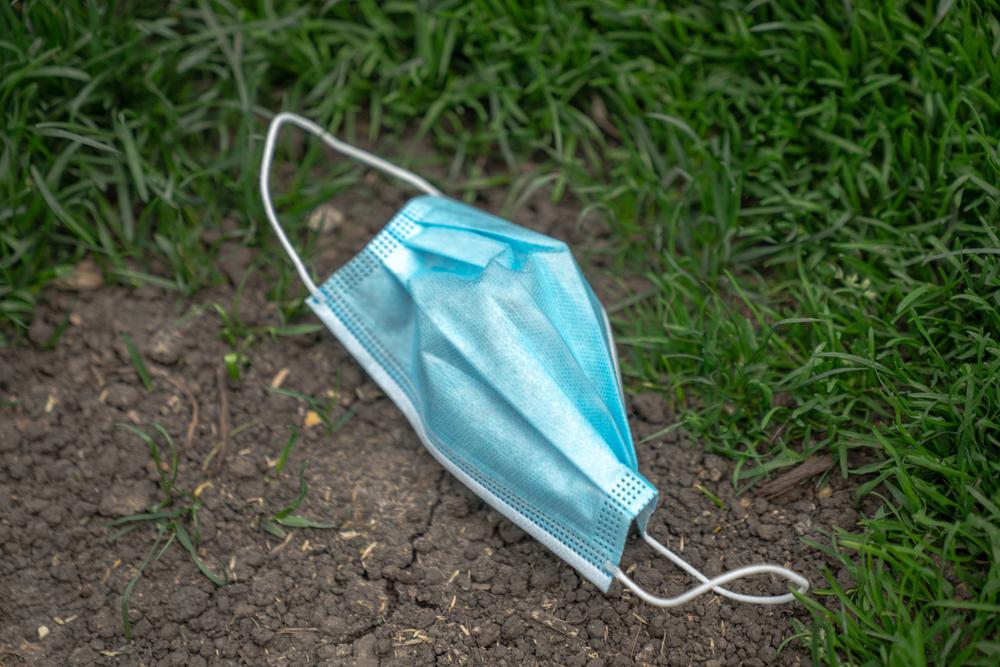The BlackRock Circular Economy Fund report has outlined how the coronavirus pandemic threatened to stall the world’s transition towards ‘circular’ solutions to economic issues. However, as consumer preferences have changed, corporations have increased awareness, and governments have implemented regulations, the sector looks set to get back on track in 2021. The fund’s managers have identified four key sectors where they are expecting growth over the coming months.
The fund invests at least 80% of its total assets in companies that contribute to the advancement of the Circular Economy. The Circular Economy involves unravelling business activity from the consumption of finite resources. Its core principles include: designing out waste and pollution, keeping products and materials in use, and regenerating natural systems.
The BlackRock Circular Economy fund was established in partnership with the Ellen MacArthur Foundation, which is providing the investment firm with expert insights and guidance on circular economic principles and practices.
There is a great deal of overlap between the principles of the Circular Economy and Environmental Sustainability and Governance (ESG) investing.
Plastic
The widespread use of masks during the pandemic saw a reverse in the decline of single use plastic, although more sustainable options have made an impact.
Plastic usage is often touted as being problematic when discussing sustainability. However, within the circular economy, plastics could very much be a part of the future, according to BlackRock. This can be done, as an example, by replacing recyclable plastic with compostable plastic, which would avoid the prospect of recyclable plastic ending up in a landfill or the sea.
Evy Hambro, co-manager of the BlackRock Circular Economy Fund, argues that getting rid of plastic use is not the solution to the take-make-waste model of consumption.
“We believe that the pandemic will shift the focus to building the right infrastructure to deal with plastic disposal — waste management, collection, sorting and chemical recycling. That makes us more bullish on the supply chain opportunities compared to the pre-COVID era when the debate mostly focused on demonising plastic.”

Technology
BlackRock sees tech companies as embodying the principles of the circular economy. The investment management company expects the theme of sustainability to grow specifically within electronics.
Olivia Markham, co-manager of the BlackRock Circular Economy Fund, believes there needs to be a sustainable solution to manage the economics of decommissioning equipment, and says the company will allocate its holdings accordingly.
“For our portfolio, we seek companies that are aiding lower waste by reducing, reusing, or recycling materials. This applies to the components going into tech hardware produced by technology companies, as well as enabling consumers to do the same with disposable goods. As such, we see growth in the sharing economy, online flea market apps, second hand and rental platforms, e-waste solutions, device leasing and take back schemes.”
Healthcare
BlackRock has drawn attention to the pressing need for a more reliable healthcare infrastructure. While it is clear the sector needs the best equipment possible, product cycles are short-lived.
Olivia Markham outlined the sector’s various schemes to improve reuse and recycle rates.
“Healthcare is an important part of the circular economy with increasing relevance to circularity, especially considering medical devices and single-use health solutions. COVID-19 has been instrumental in shining the spotlight on this area, as hygiene and disposability – for example PPE and testing material – have taken precedence in almost every household in the world. We believe this accelerates the need to better understand medical waste and develop more permanent solutions for recycling and re-usability.”
Fast fashion
Fast fashion has boomed over the last two to three decades as barriers to trade have broken down across the world. While this has allowed for the democratisation of fashion, more affordable clothing has come at a cost to the planet.
BlackRock has argued that the industry will increasingly come under pressure, which will accelerate its transition towards circular practices. The investment management company will seek supply chain innovators which innovate along these lines.
